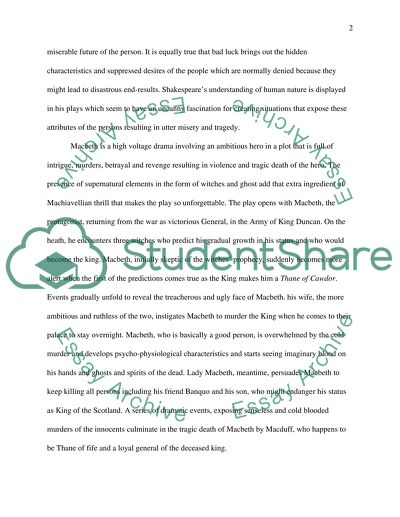Cite this document
(“Philosophy and Literature- Macbeth Essay Example | Topics and Well Written Essays - 1500 words”, n.d.)
Retrieved from https://studentshare.org/miscellaneous/1541033-philosophy-and-literature-macbeth
Retrieved from https://studentshare.org/miscellaneous/1541033-philosophy-and-literature-macbeth
(Philosophy and Literature- Macbeth Essay Example | Topics and Well Written Essays - 1500 Words)
https://studentshare.org/miscellaneous/1541033-philosophy-and-literature-macbeth.
https://studentshare.org/miscellaneous/1541033-philosophy-and-literature-macbeth.
“Philosophy and Literature- Macbeth Essay Example | Topics and Well Written Essays - 1500 Words”, n.d. https://studentshare.org/miscellaneous/1541033-philosophy-and-literature-macbeth.


